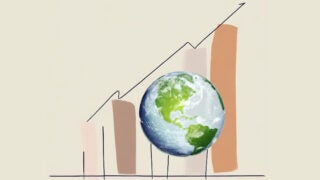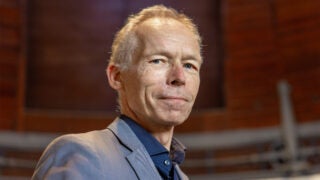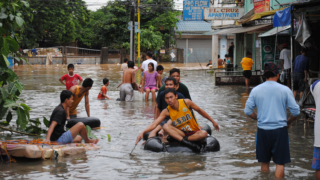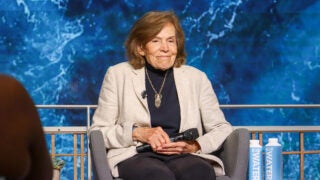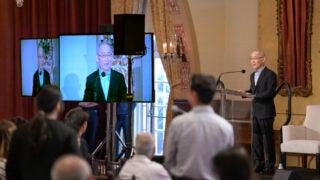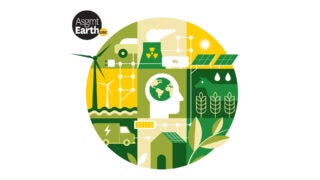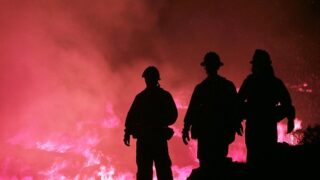EARTH MONTH: USC Dornsife’s Wrigley Institute for Environment and Sustainability will use the Ballmer Group gift to study decarbonization strategies
Climate Change
News Listing
Published in the journal Climatic Change, the study is USC’s second collaboration with the U.N. Foundation aimed at improving science communications.
Johan Rockström joins the ranks of environmental visionaries honored by the Tyler Prize, administered by USC Dornsife, for his pioneering work.
The agreement still leaves many unanswered questions, as well as concerns from vulnerable countries about who will qualify, who pays and who is in charge, says a USC climate expert.
Earle, who is spending the fall semester at USC Annenberg, was the first woman to hold the role of NOAA chief scientist.
The conference brought together leading experts to address three aspects of climate change: energy and technology, food and water, and human behavior.
Climate change has contributed tensions to the largest river restoration and dam removal project in U.S. history. USC experts explain.
Recent chair of the influential Intergovernmental Panel on Climate Change to address the Oct. 17 conference at Town and Gown.
Eco-grief and climate anxiety are among the phrases used to describe the feelings of dread and despair that come with bearing witness to the planet’s suffering.
GREEN WEEK: USC experts discuss the profound effects of the climate crisis on human health and well-being.


